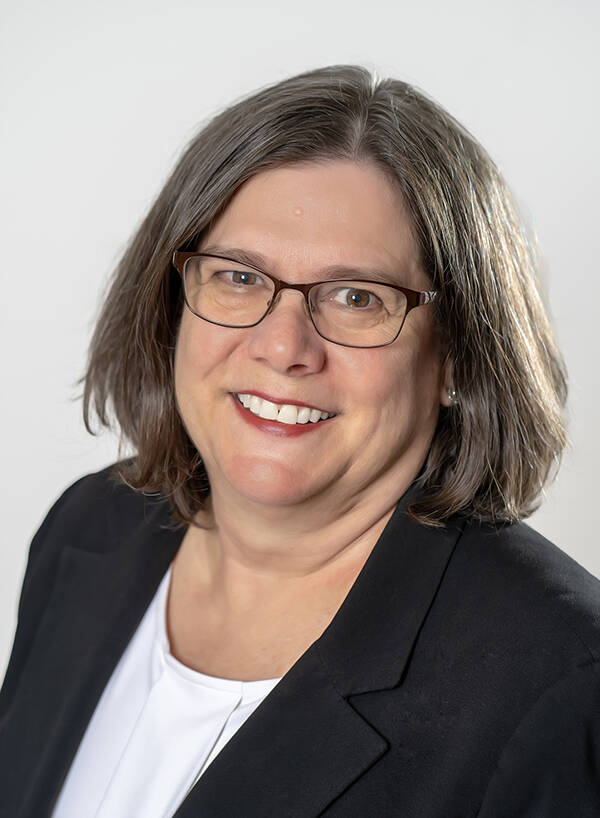Why does Boulder City lease its land for energy development?
Most municipalities and counties in Nevada receive revenue from gaming taxes; Boulder City does not. The recent focus by California and at the national level on renewable energy development allowed Boulder City to take advantage of its unique position for solar development, leasing city-owned land for energy production.
Because of those prudent actions, today, the solar lease revenues equate to roughly one-third of the city’s overall revenue stream to support vital governmental functions.
But is land lease revenue stable?
Traditional commercial or residential land leases have many risks, as the tenants are subject to market conditions or changes in employment trends. And with recessions, these leases are common casualties of an economic downturn.
However, there are exceptions. Energy leases tend to be recession-resistant. Consumers may stop buying cars or furniture but they always need water and electricity.
The result for the city is a revenue stream that has remained relatively stable. Recessions will affect the other primary revenue sources, such as sales tax and property tax, but not to the same degree that a recession has on discretionary recreation activities — such as gaming.
Because Boulder City has diversified its revenue stream to include land leases, the city has maintained a higher level of services to its residents during economic uncertainty in recent years.
How did the city acquire so much land?
Boulder City purchased the Eldorado Valley from the federal government in 1995. The purchase, covering approximately 107,400 acres (167.8 square miles), was authorized by the Eldorado Valley Act of 1958 (Public Law 85-339) passed by Congress on March 6, 1958. The city purchased the land for $1,277,630. Upon purchase, the city charter was amended to limit the uses to be permitted within the newly acquired lands. Those limited uses are: Public recreation, solar energy facilities, and a desert tortoise preserve. Other accessory uses, such as transmission lines, easements, roads, similar rights-of-way, communication towers, and other related governmental uses, are also permitted. The voters can approve additional uses.
For example, the voters have previously approved a motocross track, the construction of wind towers, and geothermal energy collection.
The city actively marketed the Eldorado Valley as an ideal location for solar energy development in 2004. Since then, the city leased (or placed under option to lease) approximately 11,765 acres (18.38 square miles) for energy development, leaving 149.4 square miles (95,635 acres) available for open space (joint use of tortoise preserve and public recreation).
For fiscal year 2023, these lands are expected to generate approximately $17,658,811 in total revenues to all city funds (capital improvement, general fund, special reserve funds).
Does the public at-large benefit in other ways from the land leases?
Absolutely. Boulder City residents benefit because so much of our needed revenue comes from the land leases. We still boast the lowest property tax in Nevada – our residents pay one-third of what Henderson residents pay. And while the city does have a purchase agreement for some solar power, it is still more expensive than hydropower.
By leasing land for energy projects, a private golf course, and communication facilities, the city has put 10,183 acres of land onto the public tax rolls. Land that previously had no taxable value now has a taxable assessed value of $47,204,891. This has resulted in $600,799 in tax assessments for the overall property tax due, of which approximately $59,969 will be remitted to Boulder City’s General Fund. The balance of the tax collected is distributed to other taxing entities, such as the Clark County School District, the Boulder City Library District, and others.
Special thanks to Contracts and Real Estate Manager Brok Armantrout for his assistance with this article.
Cynthia Sneed is the finance director for Boulder City.





